GARY FINEOUT
Associated Press
TALLAHASSEE – After a lengthy legal battle that has veered through multiple courtrooms and cost taxpayers millions of dollars, the Legislature has decided to draw a new map for the state’s 27 congressional districts.
But the big question remains: When will voters start using it?
In an extraordinary move, House Speaker Will Weatherford emailed legislators late Sunday telling them to return to the Capitol for a special session to devise a new map. The week-long session will start this Thursday.
The move is unusual since legislators are in the middle of an election season. Florida’s primary is Aug. 26 and in just a few days early voting will begin across the state.
Weatherford said that during the special session legislators will address the “limited concerns” that caused Circuit Judge Terry Lewis to declare the map invalid last month. Lewis found that two districts violated standards approved by voters because the districts were drawn to benefit Republicans.
But then Lewis ruled last Friday that the Legislature needed to draw up a new map by Aug. 15 because he is considering ordering a special election that relies on the revamped districts.
Weatherford warned that while legislators will approve the new map now they will fight any move to put it in place this year.
The Wesley Chapel Republican said local election supervisors have already cautioned that implementing a new map now would disrupt this year’s elections. He also ruled out holding a special election later this year by noting that groups such as the NAACP have contended that some voters would “be irreparably harmed” if the election is conducted at that time.
“Members, we intend to vigorously defend the integrity and validity of Floridians’ votes that have already been and will be cast in the upcoming election,” Weatherford said in his email to House members.
Voters in 2010 passed the “Fair Districts” amendment that says legislators may not draw up districts to favor incumbents or a political party. A coalition of groups, including the League of Women Voters, has contended that the Republican consultants used a “shadow” process to draw districts that benefited Republicans. Florida’s current congressional delegation has 17 Republicans and 10 Democrats, even though President Barack Obama won the state twice.
The first lawsuits were filed in the spring of 2012 but battles over evidence and who should be forced to testify pushed back the trial until this past May. The Legislature has spent nearly $3.4 million on outside attorneys since July 2012 to defend its maps.
Lewis, in a harsh ruling, agreed that the evidence showed that consultants made a “mockery” of the process and helped manipulate districts in order to help Republicans. The judge targeted two districts as unconstitutional.
One is a sprawling district that stretches from Jacksonville to Orlando and is held by Corinne Brown, a Democrat; the other is a central Florida district held by Dan Webster, a Republican. The coalition contended that Brown’s district was drawn to pack in Democrats in order to make it easier to elect Republicans in adjoining districts. Brown herself has been critical of the groups that brought the lawsuit.
Any map that changes Brown’s and Webster’s district will likely alter the makeup of other central Florida districts, while districts in other parts of the state such as South Florida will remain untouched.

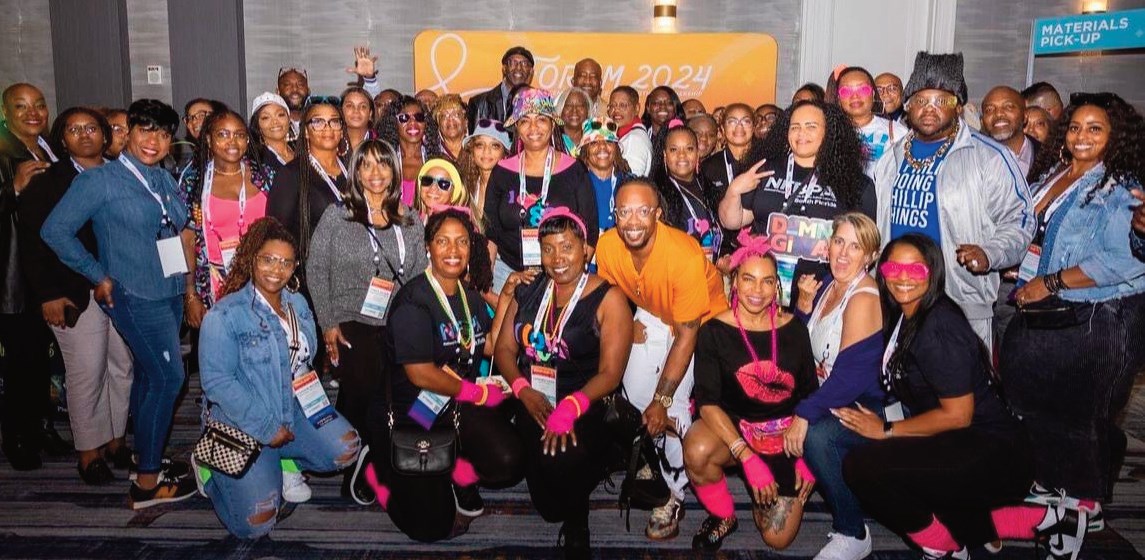
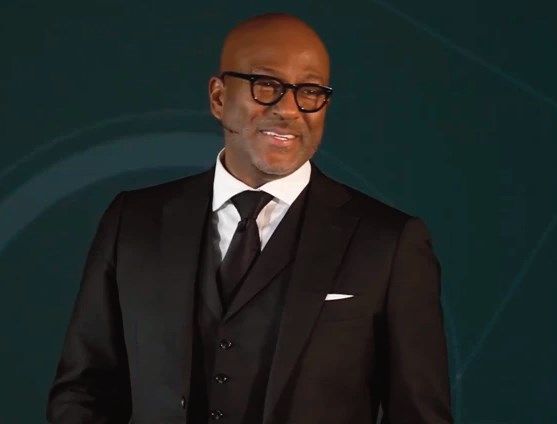



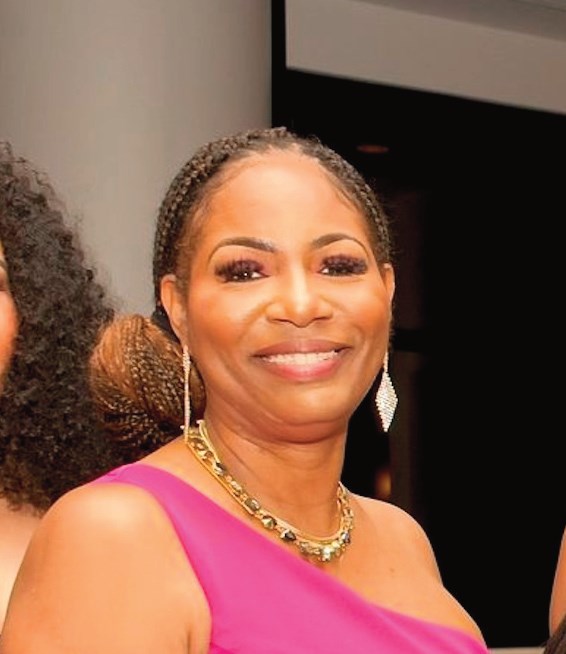

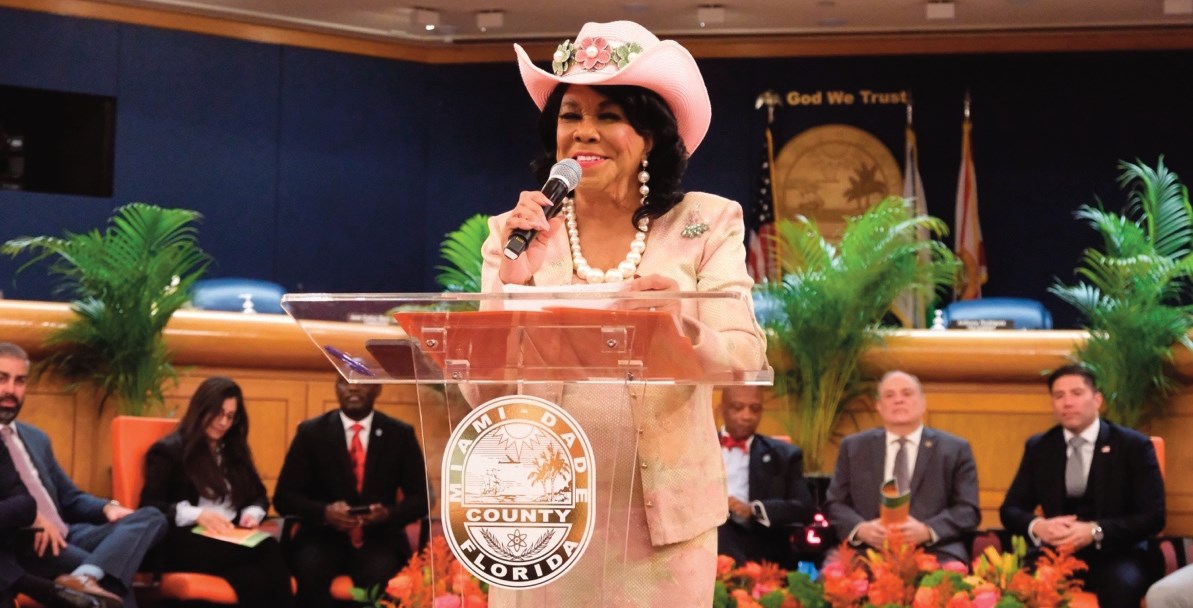
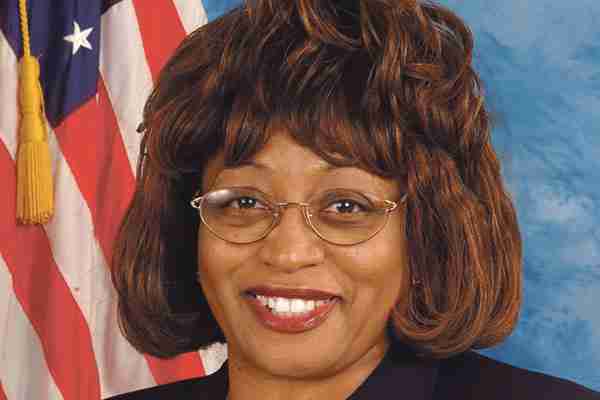

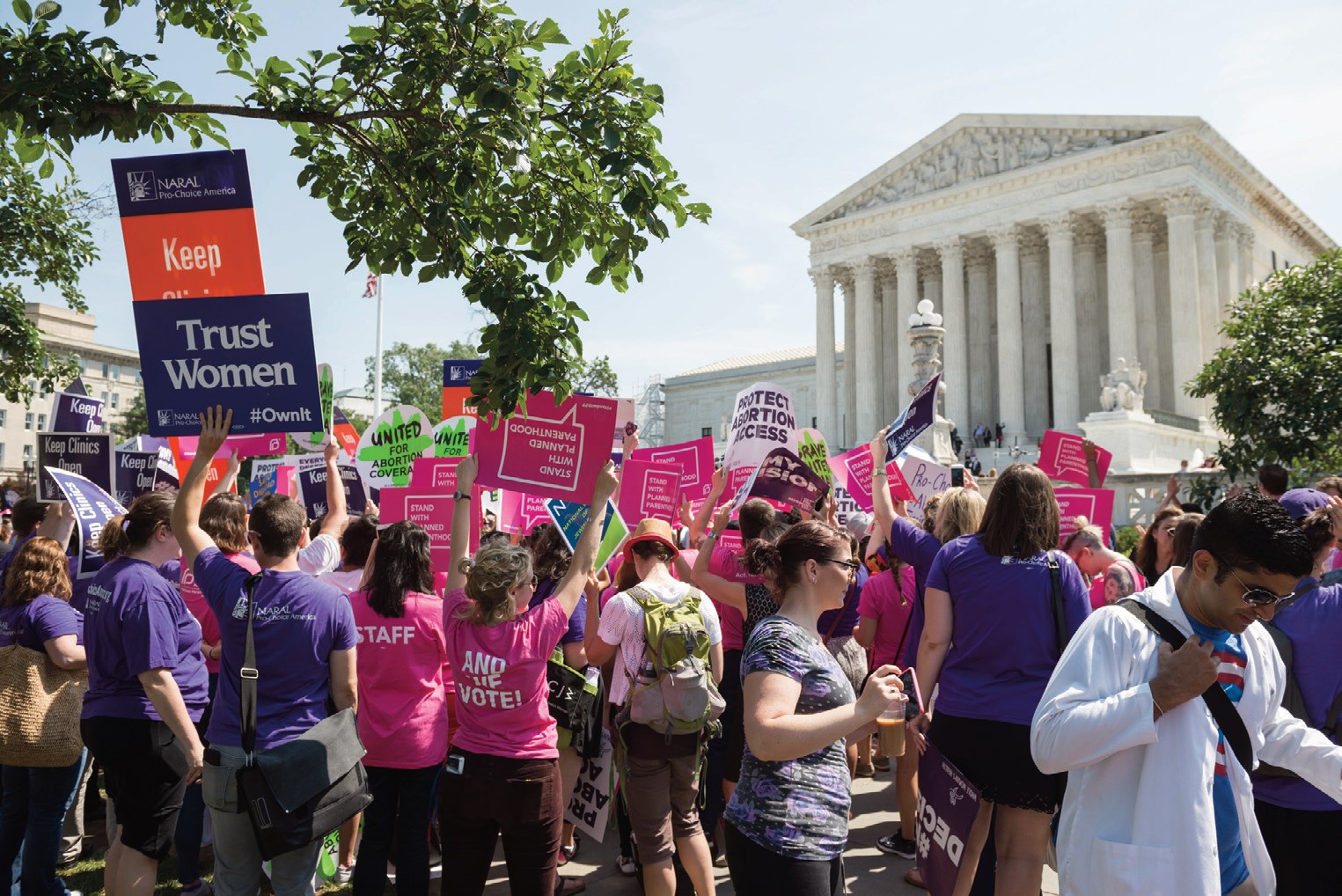
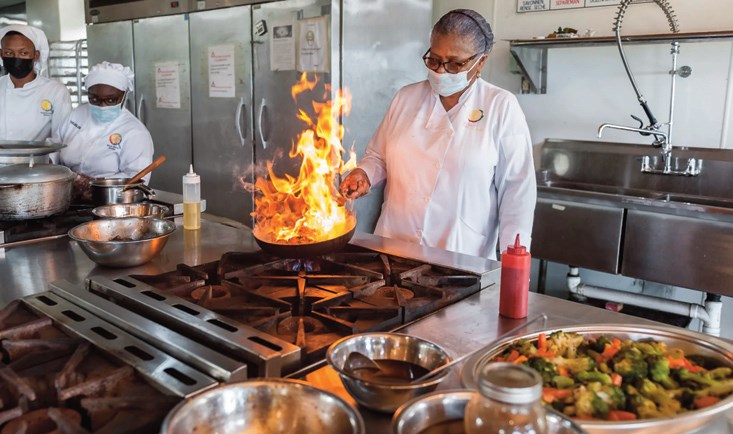
No Comment